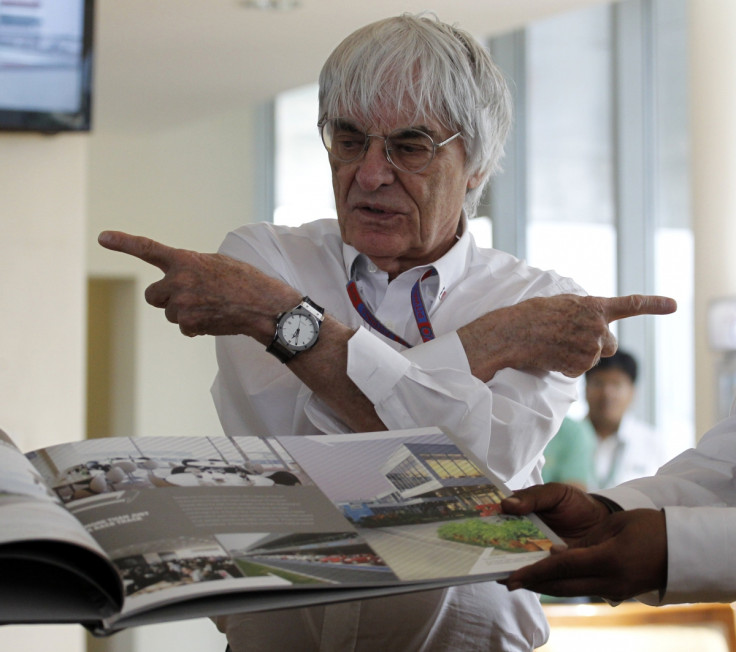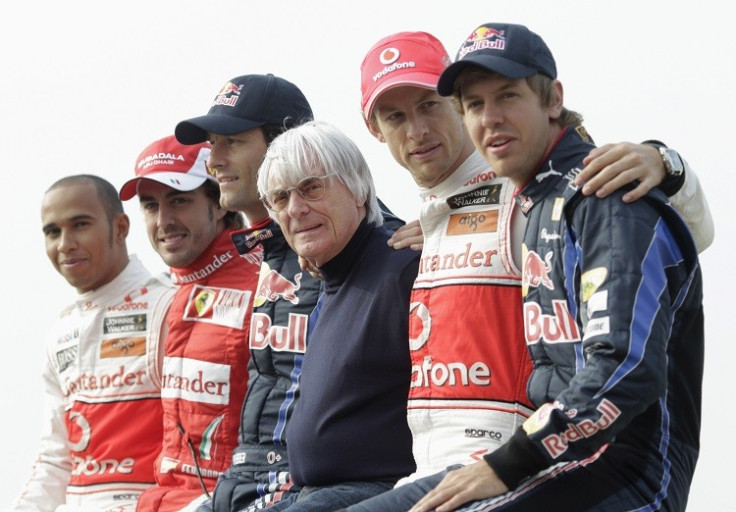Why is F1's Bernie Ecclestone Accused of Bribery?

Infamous billionaire and F1 boss Bernie Ecclestone has gone on trial for bribery in Germany.
After delivering a long personal statement in court, it is clear that the case rather complicated.
What Are the Charges?
Munich prosecutors charged Ecclestone, 83, with bribing jailed BayernLB banker Gerhard Gribkowsky with $44m (£26m, €32m) to push through the sale of F1 to CVC Capital Partners in 2006.

Prosecutors allege that Ecclestone favoured CVC because it was committed to retaining him as chief executive.
CVC Partners, F1's largest shareholder, is a private equity firm with approximately $46bn in funds focused on management buyouts. Co-founder Donald Mackenzie has said his firm would sack Ecclestone if he were found guilty of wrongdoing.
If convicted, Ecclestone could face up to 10 years in prison.
Ecclestone denies the allegations.
What Has He Admitted to in Court?
Ecclestone has admitted to paying $10m to banker Gribkowsky.
However, he claims that he was blackmailed over his tax affairs at the time and denied the payments were linked to the CVC deal.
What Were the Highlights from Ecclestone's Court Statement?
Ecclestone's long personal statement was read out in court. Key points include:
- "It was clear, he [Gribkowsky] wanted money. He said he had always protected me, but that there was a lot he could say. I often asked my lawyers: 'Is there a German word for blackmail?'"
- "Some people have asked me how it is possible that someone like Bernie Ecclestone can be put under pressure. I say: Yes, it's possible, if you know exactly where to apply the right pressure, and Gribkowksy got the right spot for me and Bambino [Ecclestone's family trust]."
- His statement also presented Gribkowsky as a power-hungry man who dreamed of becoming "Mr Formula One" and owning his own racing team.
What Happened in February's London Ruling?
Ecclestone won a High Court civil case against him in London when a judge rejected an £85m compensation claim by a TV firm.
Justice Newey ruled Ecclestone did pay $44m to Gribkowsky to help the sale of F1 shares to a "preferred buyer" in 2005. But this payment had not damaged the claimant, Constantin Medien – a German company.

Ecclestone was described in court as not being "a reliable or truthful witness" by the judge.
Is Ecclestone Still Part of F1?
In January, Ecclestone stepped down from the racing circuit's management board pending the outcome of the German trial.
Ecclestone, who started out as a car salesman and now has a personal fortune of £2bn, has always said he has no plans to retire.
However, he has said he would step aside if convicted in Germany.
Uncertainty about the F1 supremo's future has made it impossible to revive delayed plans to list the business on the Singapore Stock Exchange.
© Copyright IBTimes 2025. All rights reserved.






















